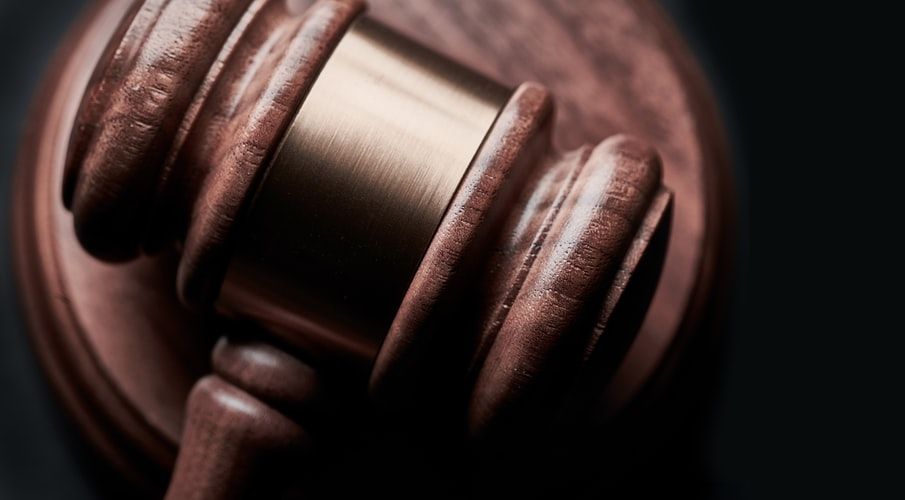The Indian Supreme Court has asked the Centre to hold off from lodging FIRs invoking sedition charges until the Narendra Modi-led government completes the process of re-examining the provision, ANI reported. India’s sedition law has long been contested with many saying it curbs free speech. The law allows people to be arrested without warrants and offers life imprisonment too.
History of India’s sedition law
While the Indian Penal Code (IPC) was brought into colonial India in 1860, it had no section regarding sedition. This was introduced in 1870, saying that it had accidentally been dropped from the original draft.
Also Read | ‘Kamra or Kachra’:Kunal Kamra slammed for editing patriotic song sung for PM Modi
The UK incidentally overturned their sedition law in 2009, which went into effect in 2010.
While this colonial-era rule was amended post-India’s independence, it was made more stringent. Currently, it falls under Section 124A (sedition) of the IPC.
Sedition during the colonial rule
During the British Raj, the sedition law came in handy to stifle voices demanding freedom. A long line of individuals charged with sedition at the time include freedom fighters like Mahatma Gandhi, Bhagat Singh, Bal Gangadhar Tilak, and Jawaharlal Nehru.
Sedition in India post-independence
After India’s independence in 1947, the word “sedition” was dropped from the Constitution in 1948, pursuant to discussions with the Constituent Assembly.
Also Read | Why Singapore banned Vivek Agnihotri’s ‘The Kashmir Files’?
KM Munshi wanted it removed, saying it would curb constitutional freedom of speech and expression. Thus, when the Indian Constitution was adopted in 1949, “sedition” disappeared. However, it continued to remain in the IPC.
Jawaharlal Nehru, in 1951, brought the first amendment to the Constitution, enacting Article 19(2) to curb the limitless freedom under Article 19(1)(a), allowing the state to impose “reasonable restrictions” on right to free speech.
The Indira Gandhi government ultimately made Section 124A a cognisable offence for the first time in the nation’s history. The new Code of Criminal Procedure, 1973, which came into effect in 1974, repealed the 1898 Code of Criminal Procedure. Here, sedition was a cognisable offence, allowing authorities to make arrests without warrants.







